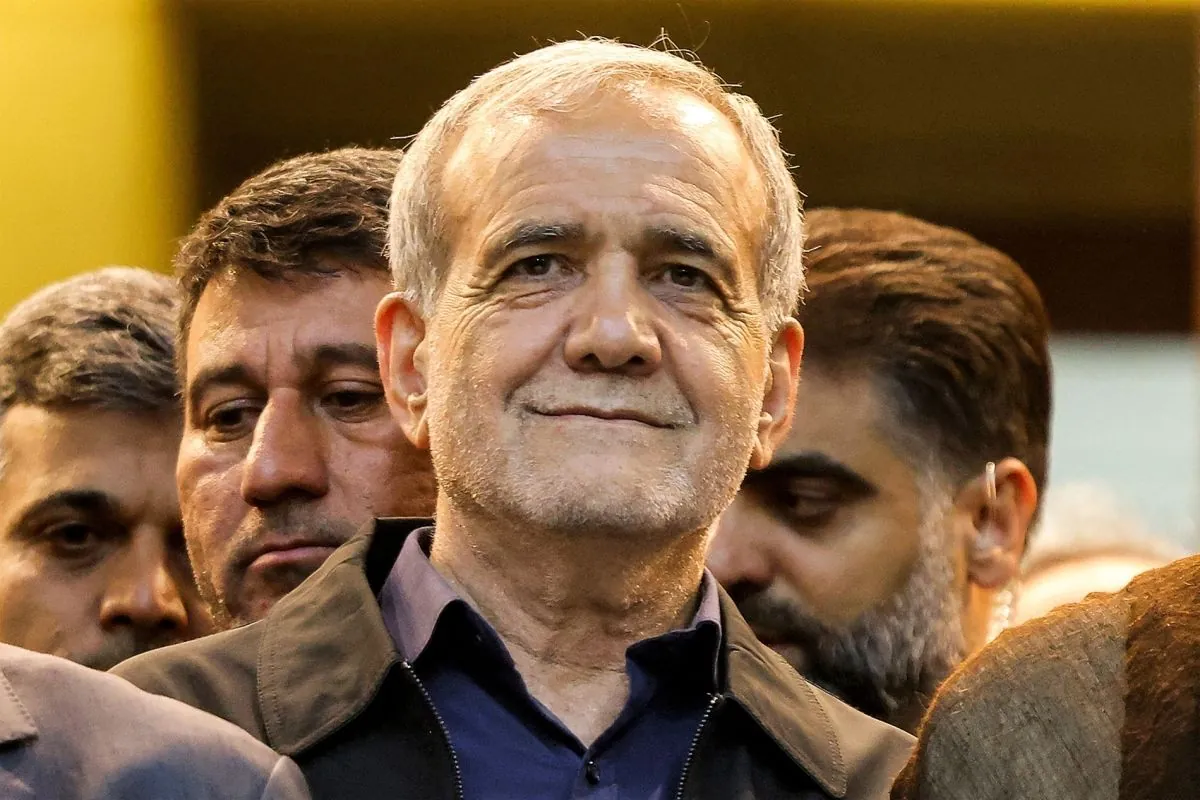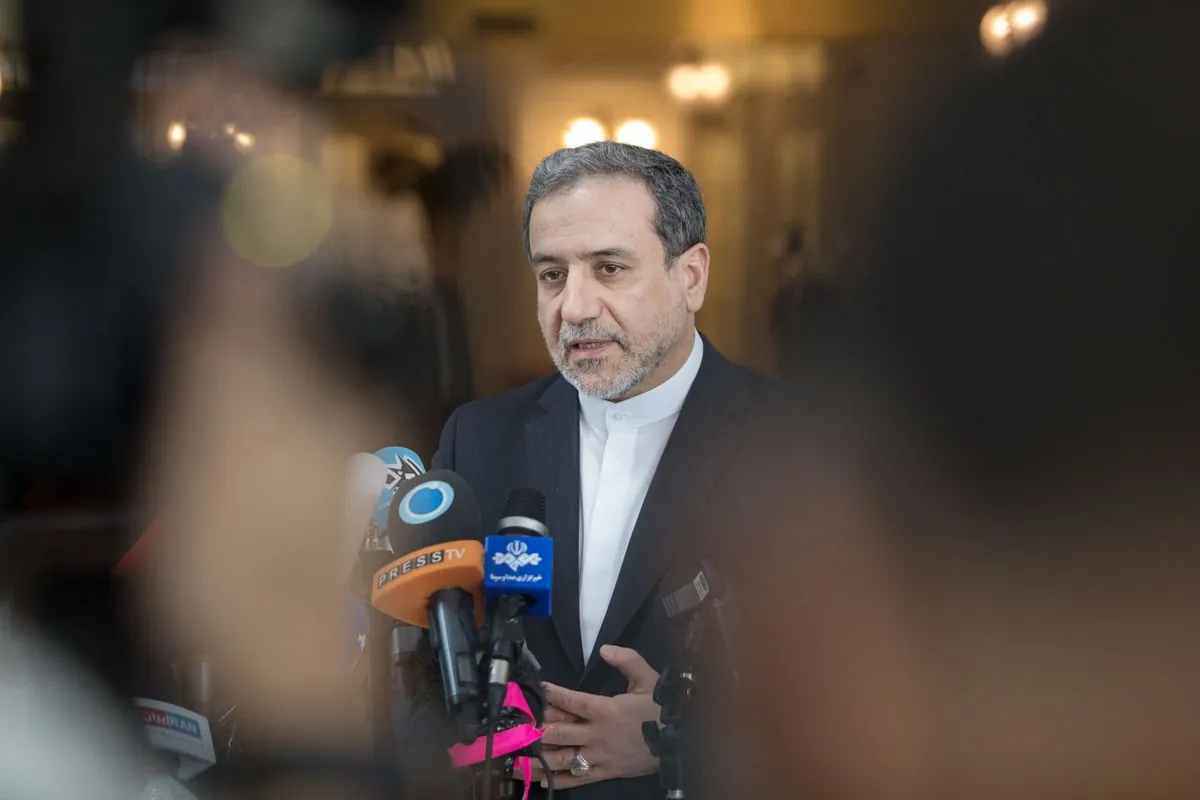Iran's President Proposes Diverse Cabinet, Including Potential Female Minister
Iranian President Masoud Pezeshkian nominates new cabinet members, including a possible female minister. The proposals face potential challenges from the hard-line dominated parliament.

In a significant move, Iranian President Masoud Pezeshkian has proposed a diverse cabinet, potentially marking a shift in the country's political landscape. The nominations, announced on a recent Sunday, include several key positions that could shape Iran's domestic and foreign policies.
Abbas Araghchi, a 61-year-old career diplomat, has been nominated for the crucial role of foreign minister. Araghchi's experience as a member of the negotiating team that secured the 2015 nuclear deal with world powers positions him as a potential key player in future international negotiations. This nomination comes at a time when Iran's relationship with the West remains complex, particularly following the United States' withdrawal from the nuclear agreement in 2018.

In a groundbreaking move, Pezeshkian has proposed Farzaneh Sadegh as the minister for roads and housing. If approved, Sadegh would become only the second female minister in Iran since the 1979 Islamic Revolution, and the first in over a decade. This nomination reflects a potential step towards greater gender representation in Iran's government, although it may face opposition from conservative lawmakers.
"The hard-line-dominated chamber will have two weeks to review qualifications and give a vote of confidence to the proposed ministers."
The proposed cabinet also includes Gen. Aziz Nasirzadeh, a former F-14 Tomcat pilot and ex-chief of the Iranian Air Force, as defense minister. This nomination marks the first time a member of Iran's air force could potentially lead the defense ministry.
Pezeshkian's choices for other key positions include Eskandar Momeni, a relatively moderate police general, as interior minister. This nomination is particularly significant given the ministry's role in enforcing the mandatory hijab law, which has been a source of controversy and protests in recent years.
The president's cabinet proposals come against the backdrop of Iran's complex political system, which combines elements of a presidential democracy with an Islamic theocracy. The country's rich cultural heritage, reflected in its 24 UNESCO World Heritage Sites, contrasts with its challenging international relations, particularly with Western nations.
As Iran grapples with economic challenges, partly due to international sanctions, the new cabinet, if approved, will face the task of managing the country's vast natural resources, including the world's second-largest natural gas reserves and fourth-largest proven oil reserves.
The Iranian Parliament, known as the Islamic Consultative Assembly, now has the responsibility to review and vote on these nominations. The outcome of this process will be crucial in determining the direction of Iran's domestic and foreign policies in the coming years.


































